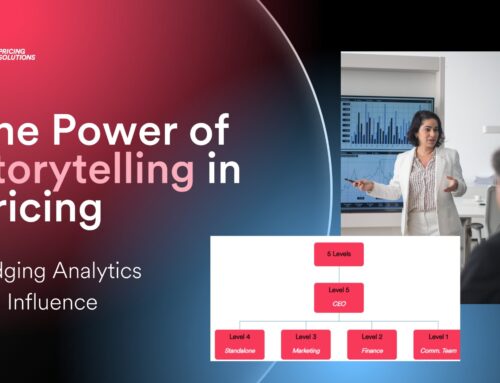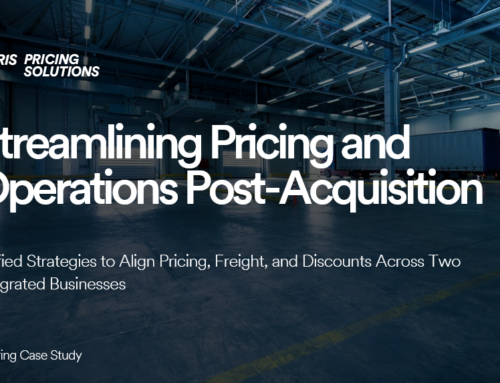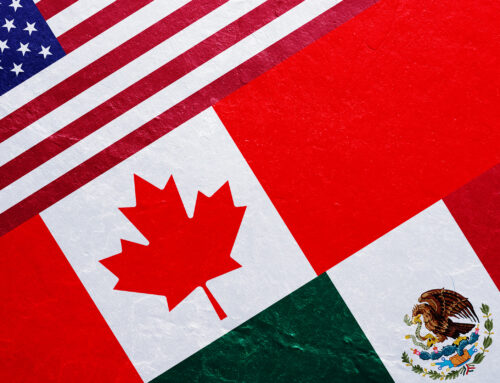“Battle” image by J. Jankiewicz, Flickr
Almost every company – regardless of its size, industry, market position, effectiveness of its processes or quality of its leadership – is at risk of a damaging price war.
Price wars rarely have winners. The damage they can have on customer price perceptions and therefore on industry profits is often irreparable. So we believe the best strategy is to avoid them completely.
Price wars started intentionally by one party are extremely rare. Instead they are often started accidentally, with common mistakes made by senior managers responsible for pricing. One of the most common of these is companies misreading and reacting to poor quality information on competitor pricing.
In many industries – and particularly in B2B – price visibility is low and information on competitor pricing is hard to come by. Often the best intelligence available is anecdotal evidence from customers. It is therefore important for companies to do two things in order to minimise the risk of price wars due to poor competitor information:
1. Wait Before You React to Price Information
Let’s imagine that you believed your company was priced at approximate parity with your lead competitor. How would you react if a mutual customer informed you that your rival gave them a price that was 20% cheaper than yours?
It is easy to see how anecdotal information could lead to over-reaction. However it may just be the case that one salesman has broken guidelines and given away a very large discount. The competitor may have made no change to its pricing, yet your reaction has the potential to start a price war.
Therefore before reacting to information try to gain more evidence and take precise pricing actions to reduce the risks.
Try to answer questions like:
- Is the competitor looking to steal market share with lower pricing?
- Are they trying to poach my major customers?
- Are they pushing to put me out of business?
- Should I reduce prices to preserve my customers?
These questions will help you understand why your competitors made a price change in the first place and react accordingly.
2. Have Control of Your Own Pricing
Having good control of your own pricing not only allows you to reduce discounting and capture more revenue, it also diminishes the risk of competitors seeing a price that is below your normal pricing strategy and over-reacting (with a price reduction) as mentioned above.
Pricing is a very emotional topic and the brain reacts to different prices in different ways. One of the most memorable prices for a product is, unsurprisingly, the lowest. This is why most people can recall the price of their favourite sweets as a child, or the best ever deal they got on a flight. This means that if you have little control of your pricing, unusually low prices are the ones customers are most likely to talk about and hence the most likely to reach your competitors.
Pricing Solutions has developed a series of tools that allow our clients to achieve greater visibility of their prices on a transactional level. These tools account for all discounting, rebates, free stock inclusions and favourable terms & conditions that are built into the end price. This allows companies to examine their true net prices, and identify their most heavily discounted customers. With this information, prices can then be renegotiated or processes can be adjusted to ensure low prices do not occur in the future.
We have found that having this control and visibility of true net prices at a transactional level usually identifies a number of opportunities to improve pricing that are quick and easy to implement, often resulting in a 1-3% increase in revenue. However, potentially of more value, having control of your cheapest prices reduces the risk of a crippling price war and helps to safeguard the long term profitability of your business.
Article written by Ben Brazier, Senior Consultant, Pricing Solutions UK. Ben is headquartered in Pricing Solutions’ London office. Pricing Solutions is an international pricing strategy consultancy dedicated to helping clients achieve world class pricing competency.





